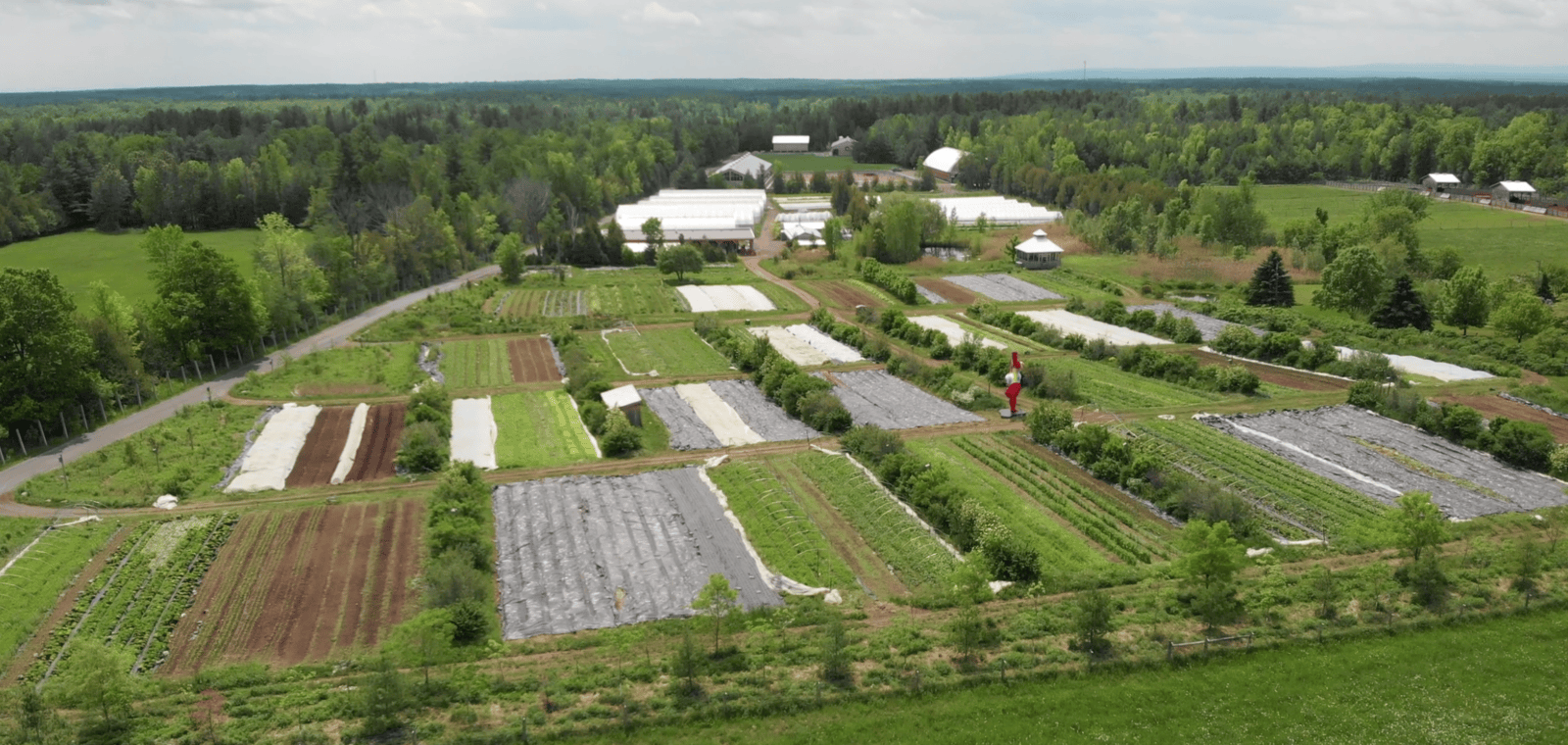Our plan is to feed communities with the highest nutritional quality food!
Regenerative farming is:
The popular press defines organic farming by its rejection of chemicals.
A more accurate portrayal defines organic farming by its embrace of the soil’s biological systems.
1. Classical organic farming is based upon the creation and maintenance of a biologically active fertile soil.
2. Organic farming succeeds because of the benefits derived from that soil. We focus on correcting the cause of pest problems (weak plants) by creating optimum soil conditions to strengthen the plant, rather than merely treating the symptom (pest damage) by trying to kill the pests that are attracted to weak plants. The production of pest-free plants and living animals with active immune systems is a direct outcome of this type of farming that, as scientific studies have consistently shown, induces pest and disease resistance in the crops.
3. Research into the marvellously complex soil micro-biome is revealing the vital ecological processes that support natural non-chemical food production. That research underscores the intuitive brilliance of the founding organic farmers.
4. As a bonus, fertile soil produces food of the highest nutritional quality. This was the foremost initial aim of the soil care techniques that became organic farming.
5. Long-term soil productivity does not require fertilizer inputs from off the farm. It can be maintained by the use of farm-derived compost, crop rotations, green manures, cover crops, nitrogen-fixing legumes, grazing livestock, shallow cultivation, enhanced biodiversity and other time-honored practices that nurture the boundless energy and logic of the earth. Organic farming is a circle of endless renewal and it will succeed wherever there is soil.
6. The inclusion of deep-rooting forbs in rotationally grazed grass/legume pastures within the rotation helps to maintain fertility and make available the almost inexhaustible mineral supply from the lower levels of the soil. Grazing livestock benefit the soil; diverse pasture benefits the livestock.
7. Most significant of all, since soil fertility on the organic farm is not powered by purchased fertilizer inputs but, rather, by easily understood and universally applicable soil management practices, this food production system is accessible at no cost by farmers everywhere and can thus nourish the planet with exceptional food in perpetuity. That clear path to a bounteous well-fed future for humankind will remain unrealized if we allow any misunderstandings about – and subversions of – the foundational concepts of real organic farming to go unchallenged.
We look forward to sharing more with you on our farms to come. Donate today to be involved.

